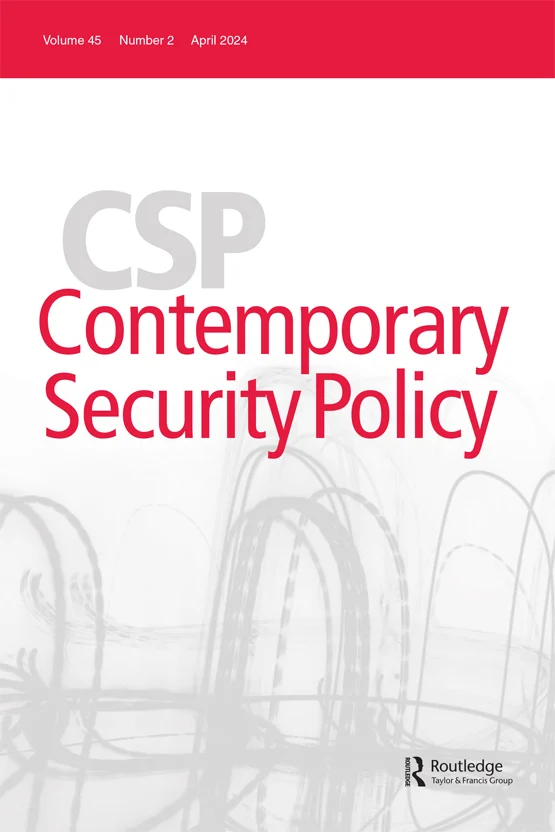非正式分组作为欧盟外交政策中差异化合作的类型:科索沃、利比亚和叙利亚的案例
IF 5
1区 社会学
Q1 INTERNATIONAL RELATIONS
引用次数: 3
摘要
摘要尽管成员国的非正式团体经常指导欧盟的外交政策,但现有的学术文献并没有提供一种全面的理论方法来解释其原因及其不同类型。本文将非正式集团概念化,并提供了一种理论方法来解释它们在欧盟外交政策中的发生。它声称,虽然成员国之间的分歧和欧盟能力的缺乏是非正式集团的主要原因,但随着时间的推移和不同政策问题,这两个因素的结合决定了欧盟外交政策中出现特定类型的非正式集团。事实上,来自科索沃、利比亚和叙利亚的证据表明,不同类型的非正式团体通过取代、补充和/或支持相应的欧盟政策来解决各种政策问题。尽管如此,由于这些组织缺乏中央指导和问责机制,它们并不是欧盟外交政策的灵丹妙药。本文章由计算机程序翻译,如有差异,请以英文原文为准。
Informal groupings as types of differentiated cooperation in EU foreign policy: the cases of Kosovo, Libya, and Syria
ABSTRACT
Although informal groups of member states often steer EU foreign policy, existing scholarly literature does not offer an overarching theoretical approach to account for their causes and their different types. This article conceptualizes informal groupings and offers a theoretical approach that explains their occurrence in EU foreign policy. It claims that while disagreements among member states and the lack of EU capacity are the main causes of informal groupings, the combination of these two factors over time and across different policy issues determines the emergence of specific types of informal groupings in EU foreign policy. Indeed, evidence from Kosovo, Libya, and Syria shows that different types of informal groups addressed various policy issues by replacing, complementing and/or supporting corresponding EU policies. Nonetheless, as these groupings lack central guidance and accountability mechanisms, they are not a panacea for EU foreign policy.
求助全文
通过发布文献求助,成功后即可免费获取论文全文。
去求助
来源期刊

Contemporary Security Policy
Multiple-
CiteScore
14.60
自引率
6.80%
发文量
22
期刊介绍:
One of the oldest peer-reviewed journals in international conflict and security, Contemporary Security Policy promotes theoretically-based research on policy problems of armed conflict, intervention and conflict resolution. Since it first appeared in 1980, CSP has established its unique place as a meeting ground for research at the nexus of theory and policy.
Spanning the gap between academic and policy approaches, CSP offers policy analysts a place to pursue fundamental issues, and academic writers a venue for addressing policy. Major fields of concern include:
War and armed conflict
Peacekeeping
Conflict resolution
Arms control and disarmament
Defense policy
Strategic culture
International institutions.
CSP is committed to a broad range of intellectual perspectives. Articles promote new analytical approaches, iconoclastic interpretations and previously overlooked perspectives. Its pages encourage novel contributions and outlooks, not particular methodologies or policy goals. Its geographical scope is worldwide and includes security challenges in Europe, Africa, the Middle-East and Asia. Authors are encouraged to examine established priorities in innovative ways and to apply traditional methods to new problems.
 求助内容:
求助内容: 应助结果提醒方式:
应助结果提醒方式:


